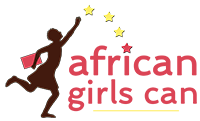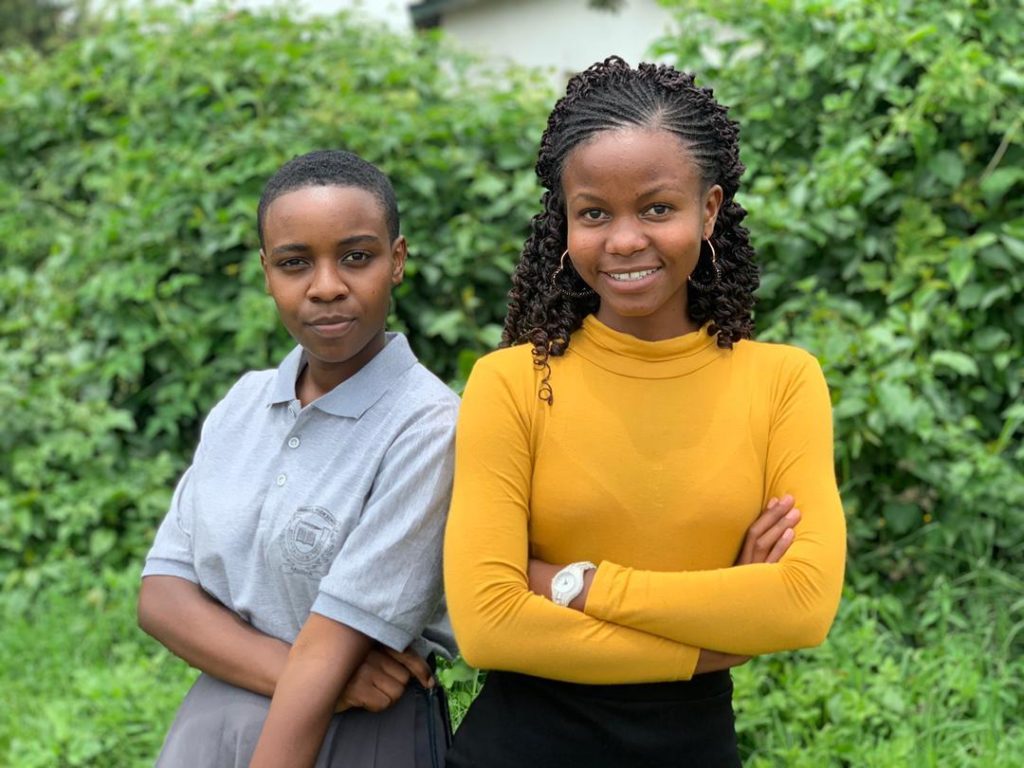
Reflections on I am a Girl from Africa
for International Women’s Day 2022
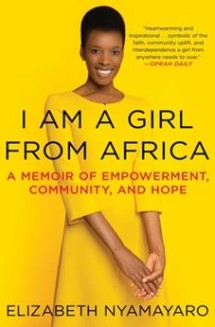 From the time I saw its bright yellow cover, I knew it must be an outstanding book. What I love about Elizabeth Nayamayaro’s 2021 memoir, I am a Girl from Africa, is the diversity of deeply thoughtful messages it carries from the start to the end.
From the time I saw its bright yellow cover, I knew it must be an outstanding book. What I love about Elizabeth Nayamayaro’s 2021 memoir, I am a Girl from Africa, is the diversity of deeply thoughtful messages it carries from the start to the end.
As an African child myself, there’s so much I can relate to as Elizabeth tells her own story, from explaining how her community lives together to the native words and proverbs from different African countries used in the book. I believe every African child who reads it will feel a sense of belonging.
You cannot tell a hungry child that you gave them food yesterday.
Some African proverbs quoted in this book remind me what kindness is and should always be.
Your dream is a dream for your community.
Others remind me about socially responsible leadership, volunteerism, resilience, and giving back to my community.
As a mentor for young girls in my country of Tanzania, these proverbs and the whole context of this book speak volumes. I have always discussed leadership with my scholars and being resilient, especially during their educational journey, and reminded them of the importance of giving back to their communities.
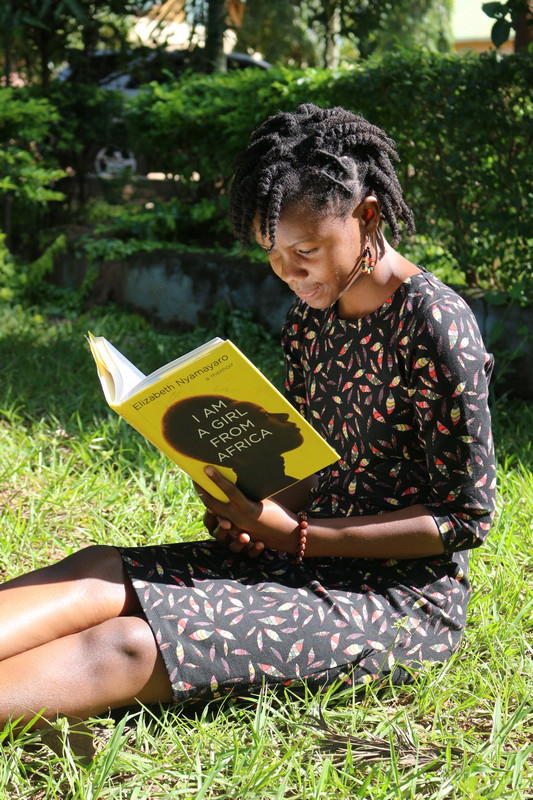
I am because we are, and because we are, you are.
This proverb stood out the most to me because it carries the whole content of the book. It has no specific African country attached to it, which gives it greater meaning. To me, this African proverb relates to a wide variety of issues such as gender equality, the environment, humanitarian acts, and all types of bias.
For International Women’s Day 2022, we are called upon to #breakthebias and demand a world free of bias, stereotypes, and discrimination.
My heart was moved as I read how Elizabeth’s Aunt Jane shattered the bias on who girls can be, especially in their careers. Her light spread to Elizabeth and her friend Jeri. Jeri was made to believe that she could do anything she wishes with her life. Elizabeth pushed her to think beyond being a nurse and quell her fear of being a doctor just because she had never seen female doctors. I counted the number of times Aunt Jane said, “I must do more” and impacted even more people in her community.
I have always believed and told myself, “Einoth, you can do anything you set your mind to and you can do it better as time goes on.” These are the same words I tell every girl that I mentor, “there’s no limit to what you set your mind to do.” They only need to believe in themselves, focus, and refuse to give up.
In Tanzania, we have witnessed for years how girls and women have been unequally treated. Whether deliberately or unconsciously, bias makes it hard for girls and women to move forward.
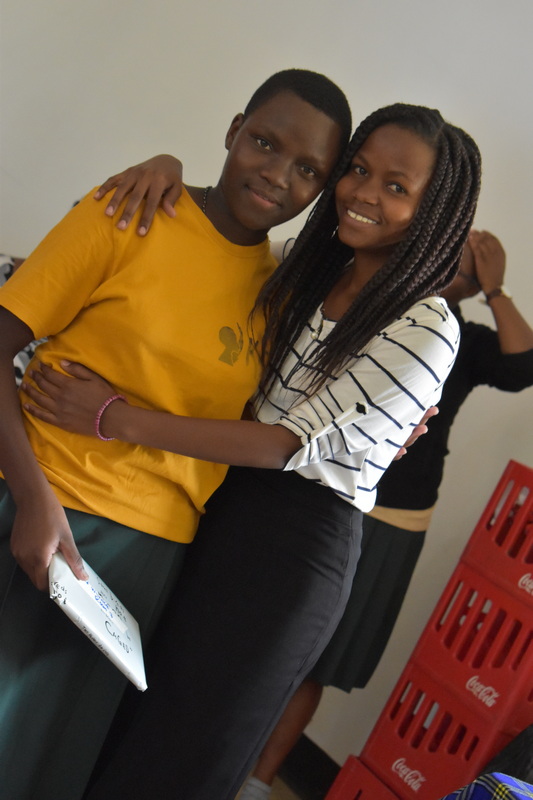
My own experience working with girls through Girls Livelihood and Mentorship Initiative (GLAMI) and now the Kupanda Project reinforces this. In the Mwanza Region where I now live and work, gender discrimination is at its peak and girls’ education is still a real struggle. I have seen how many girls find it hard to believe in themselves. Some of them don’t see why they should even be in school and most community members, especially men, don’t support girls’ education. Girls have grown up to be shy – they do not speak up and lack a sense of personal vision for their future. This is because they have been raised with cultural biases.
Bias can lead to tragedy. In Elizabeth’s book, there is an incredibly sad story of a young girl called Tanaka. She was denied an education, married off to a man she did not like, mistreated by him, and not welcomed back home after all these hardships. She committed suicide, leaving behind twin daughters.
I keep asking myself, “where does this bias come from?”
It comes from violating the proverb we ourselves created, “I am because we are, and because we are, you are.”
If both women and men, girls and boys could understand and live by this proverb knowing that we depend on each other, then no one would disregard the rights of the other.
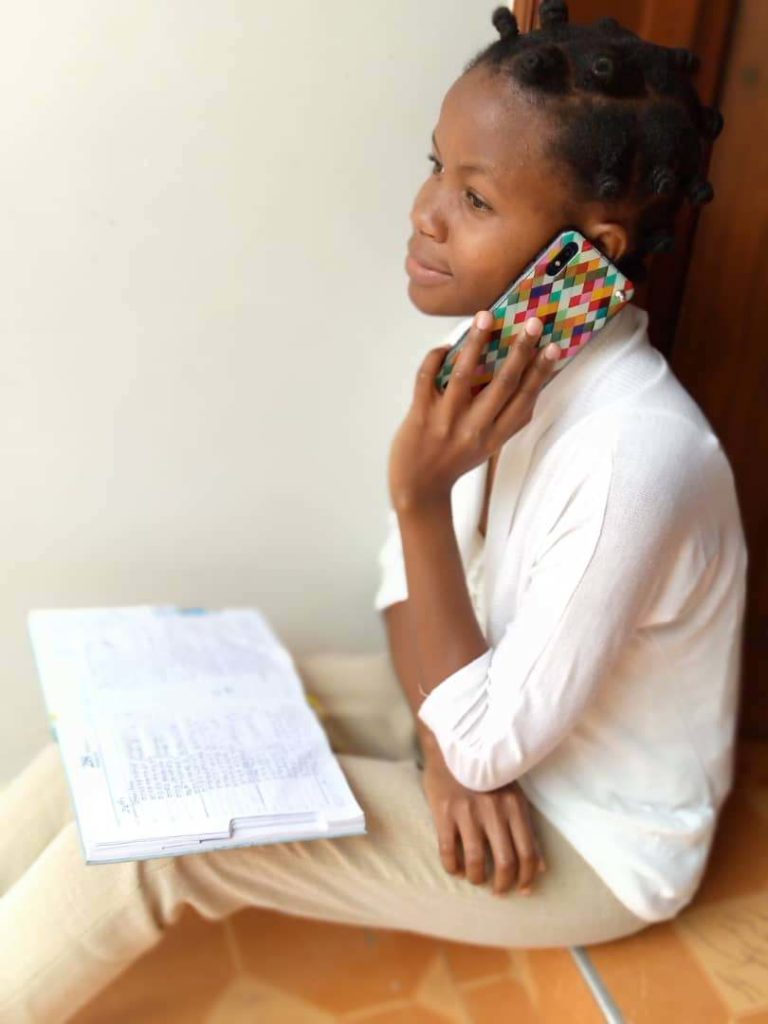
What if the world had only men? Or only women? Could life continue without any challenges? Obviously, each gender is equally important, and life would simply fail to go on if one of the genders was missing.
Elizabeth has broken the bias through all her great work. She has set an example to every other African girl to not only believe in themselves, but to know that their dreams matter, are valid, and can be achieved.
Like so many other girls, Elizabeth Nyamayaro faced a challenge in acquiring her education and achieving her dreams. What makes Elizabeth’s story special and unique is how resilient she was. She refused to give up and had parents and relatives who supported her education. In the end, she stands tall and says one of my favorite lines in the book, “Yes, I am a girl from Africa, yes I am good enough, yes I am.”
I stand with young girls all over Africa and across the world to remind them:
yes, they are from wherever they are,
yes, they are good enough, and
yes, they are.
Each one of us can break the bias and write a joyous new story about girls and women in our societies.
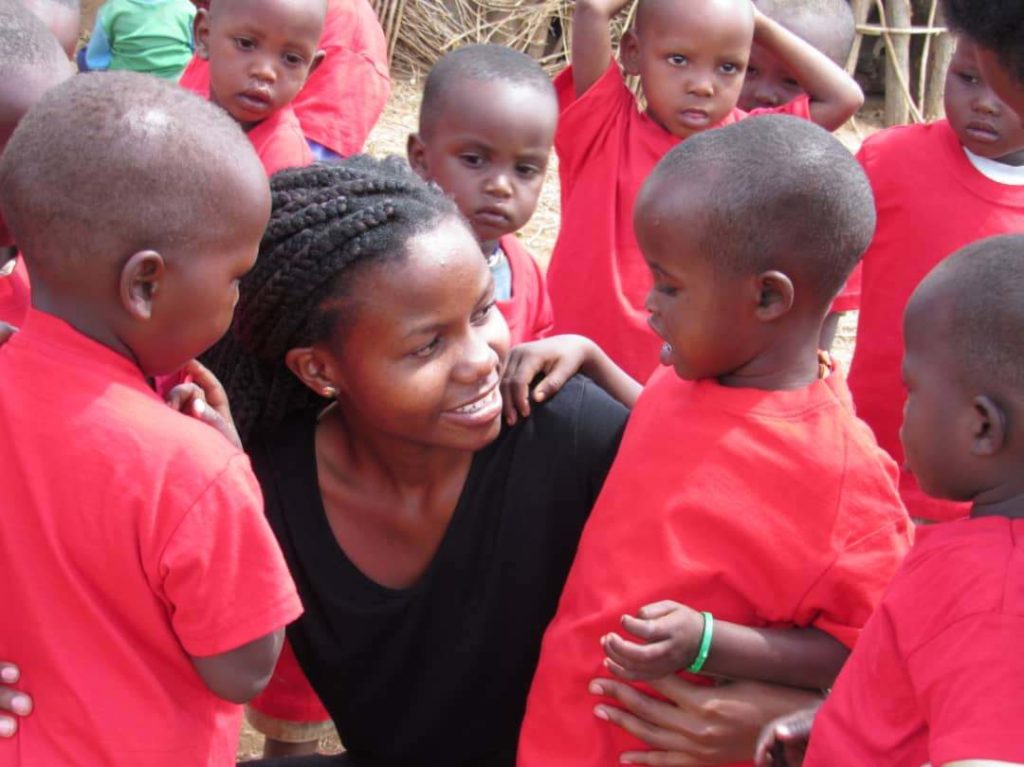
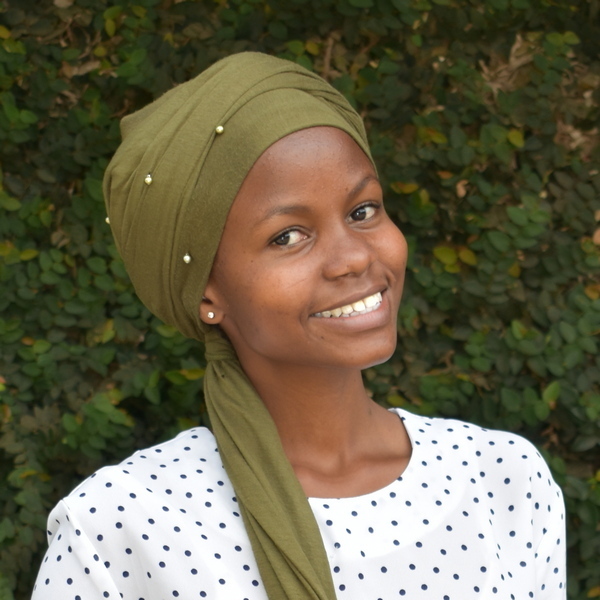 As an A-Level student at Weruweru Secondary School, Einoth Justine participated in a national essay writing competition, which was open to both teachers and students. She won and the grand prize was a computer. She went on to earn a bachelor’s degree in economics, project planning, and management from Mzumbe University.
As an A-Level student at Weruweru Secondary School, Einoth Justine participated in a national essay writing competition, which was open to both teachers and students. She won and the grand prize was a computer. She went on to earn a bachelor’s degree in economics, project planning, and management from Mzumbe University.
Einoth was a Kisa Mentor for Girls Livelihood and Mentorship Initiative (GLAMI) from July, 2018 – December, 2021. GLAMI has life skills and leadership programs, Kisa Project and Binti Shupavu, for secondary school girls at 25 Partner Schools in Northern Tanzania (over 10,000 girls have participated to date). She is currently a Project Manager with another girls empowerment program, the Kupanda Project. She resides on the campus at Idetemya Secondary School teaching and mentoring 128 Ordinary Level (Forms 1-4) girls. The curriculum includes tutoring, nutrition and water, computer, menstrual support, and security.
Einoth promotes youth literacy in Tanzania through a program she founded called “Help Them Write,” and spoke about “starting a reading revolution” at TEDxMajengo in Arusha in November, 2021. We are excited to introduce you to this trailblazing Tanzanian woman and are honored that she is a guest blogger for African Girls Can. Get to know Einoth!
